Here I have a simple multi_index container and I wonder if there is any way of forcing the multi_index to allocate the elements contiguously in memory. I thought that this would be possible if the main index is random_access.
However this simple example shows that unexpectedly the elements are not contiguous in memory. Is there a combination of boost::multi_index::indexed_by that would likely result in contiguous memory?
#include <boost/multi_index_container.hpp>
#include <boost/multi_index/ordered_index.hpp>
#include <boost/multi_index/member.hpp>
#include <boost/multi_index/ordered_index.hpp>
#include <boost/multi_index/random_access_index.hpp>
int main(){
typedef boost::multi_index_container<
double, // simply store doubles
boost::multi_index::indexed_by<
boost::multi_index::random_access<>
>
> random_access_container;
random_access_container v; // fill container
v.reserve(10); // also tried this
v.push_back(1.);
v.push_back(2.);
v.push_back(3.);
assert( v[0] == 1. ); // ok
assert( *(&v[0] + 1) == v[1] ); // this fails, memory is not contiguous
}
NOTE 1: I want this for compatibility (so I can take advantage of multi_index container --with other access options--) but also use direct memory access (like it is possible with std::vector).
NOTE 2: I have just found this quote from the documentation, http://www.boost.org/doc/libs/1_61_0/libs/multi_index/doc/reference/rnd_indices.html#rnd_indices , so it is looking difficult.
Except where noted or if the corresponding interface does not exist, random access indices verify the same container requirements as std::vector plus the requirements for std::list specific list operations at [list.ops]. Some of the most important differences with respect to std::vector are:
Random access indices do not provide memory contiguity, and hence do not have data member functions.
...
